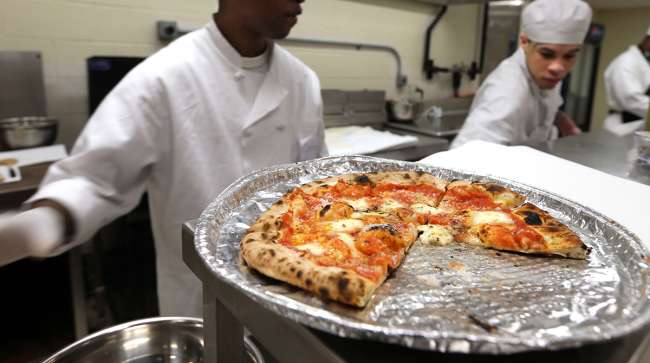Retail Sales Fall After Weaker Results in Prior Months

An unexpected decline in August retail sales and downward revisions to the prior two months mainly reflected weaker results at auto dealerships, Commerce Department figures showed Sept. 15.
Highlights of August Retail Sales
• Overall sales fell 0.2% (estimated 0.1% gain) after a 0.3% increase (previously 0.6% gain); June sales dropped 0.1% (previously 0.3% rise).
• Purchases at auto dealers dropped 1.6% after no change.
• Retail-control group sales, which are used to calculate GDP and exclude the categories of food services, auto dealers, building materials stores and gasoline stations, decreased 0.2% following a 0.6% advance.
• 5 of 13 major retail categories showed a decline in August sales.
Key Takeaways
The latest results make it more likely that consumption, the biggest part of the economy, will be hard-pressed to match the 3.3% growth pace of the prior quarter.
Retail control group sales rose an annualized 1.1% in the three months ended in August, slowing from the 3.9% pace from May through July, the report showed. At the same time, an increase in purchases at furniture outlets and restaurants indicates demand is being supported by a healthy job market.
The Commerce Department said in a special notice that it couldn’t isolate the effect of Hurricane Harvey on the data because it tracks activity on a national scale.
The overall response rate was within the range of the past 12 months, though data collection lagged behind in areas affected by the Harvey and Irma.
Vehicle demand, which was already cooling, probably took a further hit from Harvey. Industry figures showed August sales of cars and light trucks posted the weakest monthly pace since early 2014.
Other Details
• Automobile dealers’ sales dropped 1.6%, after no change the previous month.
• Retail sales excluding autos rose 0.2% after 0.4% increase.
• Sales rose 0.3% at restaurants and 0.4% at furniture stores.
• Receipts at gasoline stations increased 2.5%; retail figures aren’t adjusted for price changes.
With assistance by Chris Middleton




